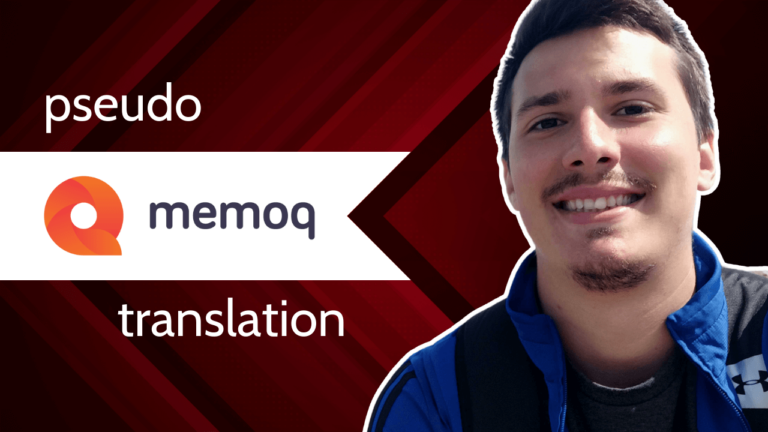If you’re new to the localization industry, you should understand what PO is before you get started.
What is a PO?
This simple two letter acronym stands for purchase order. What a purchase order is is basically an official legal document that says what one party is purchasing or buying ordering from another party.
So typically, in our case of localization, we have, let’s say, an LSP, who is the one purchasing something, and they are purchasing translation from their big team of translators. So, let’s say, we have a translator, Johnny. Okay, so the LSP is purchasing translation from Johnny. And let’s say that the translation is for 4000 words, and the LSP is paying $100 for his translation. Purchase order may contain more lines in case the LSP order buyer is getting more stuff out of joining the supplier. And then at the end, you have total, let’s say this purchase order is 500. So, again, what this basically means is that the LSP is officially stating that they are willing to purchase and pay Johnny, or freelancer or supplier 500 bucks for all the services that are listed here. So all the translations that he’s doing and when Johnny delivers a translation, it means that he should be paid for his work.
So in a typical sense, you will have the PMs representing the LSP, sending POS to freelancers. In many cases, when freelancers are starting with a new LSP, they don’t want to start working for the LSP unless they have a purchase order because it acts as sort of a guarantee. Maybe over time once the relationship is stable, and they can trust the LSP, maybe they don’t even require the purchase order. They just deliver the translation along with invoice because they know that they will get paid.
But purchase order is an important document that’s also used in the accounting. Accounting people check the purchase order for a certain project for a certain task within the project and then compare it against an invoice that in this case, Johnny would send back to the LSP to make sure that Johnny is charging his invoicing the right amount that we purchased in the first place.
So, that’s PO for you.


